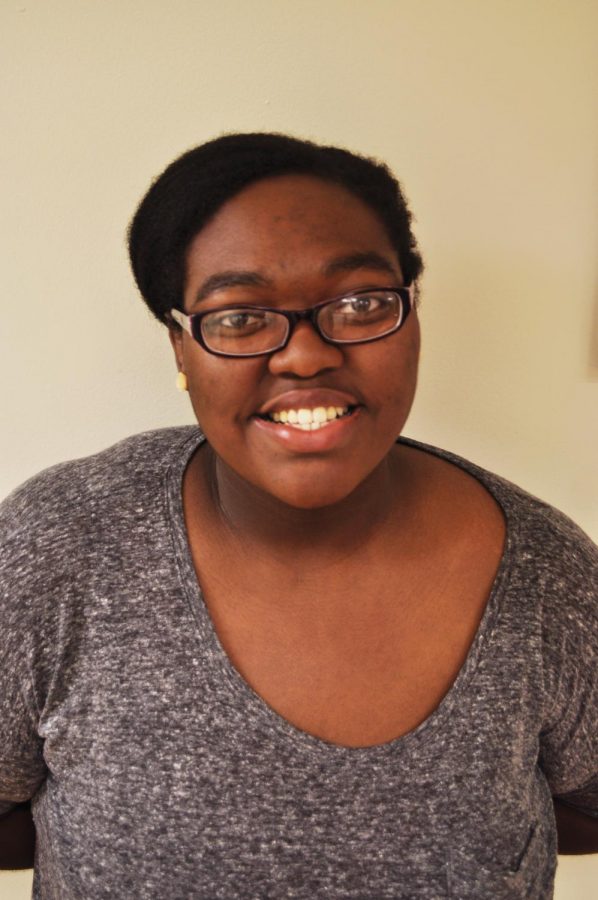Black History Month leads to knowledge, not segregation
January 28, 2016
Black History Month: It is a time to celebrate the successes of black people both past and present to honor their roles in the advancement of an entire race in the U.S.
At least, that’s what it was for me until the fifth grade.
In the years before that, my elementary school teachers would have my classes participate in Black History Month in many ways. We wrote essays on historical figures, had class lectures on them and occasionally colored pictures of them to hang on the walls.
This went on until my fifth grade year. One day toward the end of January, my teacher addressed us: “OK, class. Today we’re going to talk about February and why it’s a special month. Does anyone know what month February is?”
I raised my hand and said, “February is Black History Month.”
It wasn’t a question. It was a statement of fact. So when my teacher paused instead of agreeing, I was confused.
“Black History Month?” she said. “I’ve never heard of that. February is National President’s Month.”
When I went home and told my mom we learned about President’s Month in school that day, she confirmed the belief I had at 11 years old. She, too, found it strange that a college-educated teacher in her 30s could have lived her entire life without having heard of Black History Month.
Regardless of why we didn’t celebrate it that year, the trend continued. Black History Month never came up in any other classes I had at my elementary or high school. It was as if the month was only for young children and, after a certain age, no one needed to remember the accomplishments of the black community.
And now, the discussion comes around yearly as to whether or not our country still needs Black History Month. The most recent naysayer is actress and Fox News Contributor Stacey Dash who commented that recognition of black culture, such as with Black History Month and the Black Entertainment Television Awards, is harmful because it focuses on one race.
“We have to make up our minds,” Dash said in a Jan. 20 interview on Fox and Friends. “Either we want to have segregation or integration.”
She then went on to say there shouldn’t be Black History Month because black people are “Americans. Period. That’s it.”
But to people like Dash who believe celebrating black history means segregation, I bring a different opinion: Celebrating black history offers an opportunity to recognize people whose accomplishments aren’t recognized often. I believe if the time comes when the successes of black people are recognized as often and with the same vigor as those of the majority race group, then the discussion of whether or not we need Black History Month will be valid.
And even though many millennials have not celebrated the month since elementary school, we should not let that keep us from finding a way to give it meaning in our lives today.
No matter what ethnicity people are, they always have room to learn more information about different cultures and ethnicities. A 2014 Slate article lists tips to celebrate the monthlong holiday as adults, with the fourth tip being to “make an effort to learn something new about the black community or experience.”
Even committing to that one act this February can lead to a better understanding of the growth of the black community into what it is today. With that understanding, we as a society don’t develop a sense of segregation. Instead, we learn how to better respect and accept one another.


